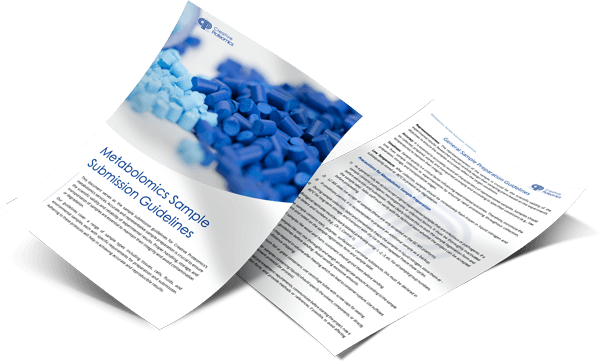Exosomes (EX), a heterogeneous group of extracellular vesicles (EVs), is virus-size (30–150 nm). Many various cell types, including red blood cells, B cells, T cells, mast cells, platelets, endothelial cells, fibroblasts, adipocytes, epithelial cells, muscle, dendritic cells, and tumor cells can release exosomes. This class of heterogeneous vesicles derives exclusively from the inward budding of the endosomal membrane, the formed multivesicular bodies are then released to the extracellular space through fusion with the plasma membrane. They are present in the extracellular medium (in vitro) and in body fluids (in vivo) such as blood, urine, saliva, breasts milk, ascites effusions, nasal secretions, tears, amniotic, synovial, lymphatic, cerebrospinal, and seminal fluids. They play an important role in intercellular communication under both normal and pathological conditions by reaching recipient cells in the local environment (paracrine mode) or being transported to distant tissues via the circulation system (endocrine mode).
Metabolomics study of exosomes is brand new and only in a few recent years, knowledge of metabolites present in extracellular vesicles has started to accumulate. There is more and more interest in exosome metabolome after the determination of lipids in exosomes. Then the metabolomics of blood-derived and urinary-derived exosomes are studied, revealing a complex set of molecules.
 Figure 1. Cancer Exosomes
Figure 1. Cancer Exosomes
The available data indicated significant differences in lipid composition of EVs derived from different cells. For example, ceramide is enriched in EVs produced by tumor cells, but it is absent in EVs from RBCs. However, much fewer papers addressed a complete set of metabolites present in EVs. It is showed that their metabolome contains not only lipids, but also amino acids, organic acids, cyclic alcohols, carnitines, aromatic compounds, vitamins, sugars and their conjugates and nucleotides and nucleosides.
Exosomes play an important role in communication between cancer cells and their microenvironment. One paper showed that exosomes released by cancer cells and cancer-associated fibroblasts (CAFs) can regulate cancer cells metabolism. When cancer cells are cultured in the presence of EVs derived from CAFs from prostate cancer (PCa) patients, the mitochondrial activity is down regulated and glucose uptake and glycolysis increases. Downregulation of mitochondrial activity and increased was observed in PC3 . Increased level of pyruvate and lactate was correlated with a reduced level of fumarate, malate, α-ketoglutarate and glutamate. This confirmed that EVs derived from CAFs stimulated the Warburg effect in recipient cancer cells. The major components of EVs metabolome are main components of membranes: glycerophospholipids and sphingolipids, fatty acids esters, amides and alcohols, nucleotides and derivatives, amino acids, and eicosanoids, steroids and prenols.
Exosome Metabolomics Service helps you quickly and efficiently get the most information from your exosomes. The platform used here at Creative Proteoics is Thermo Q Exactive Orbitrap.







